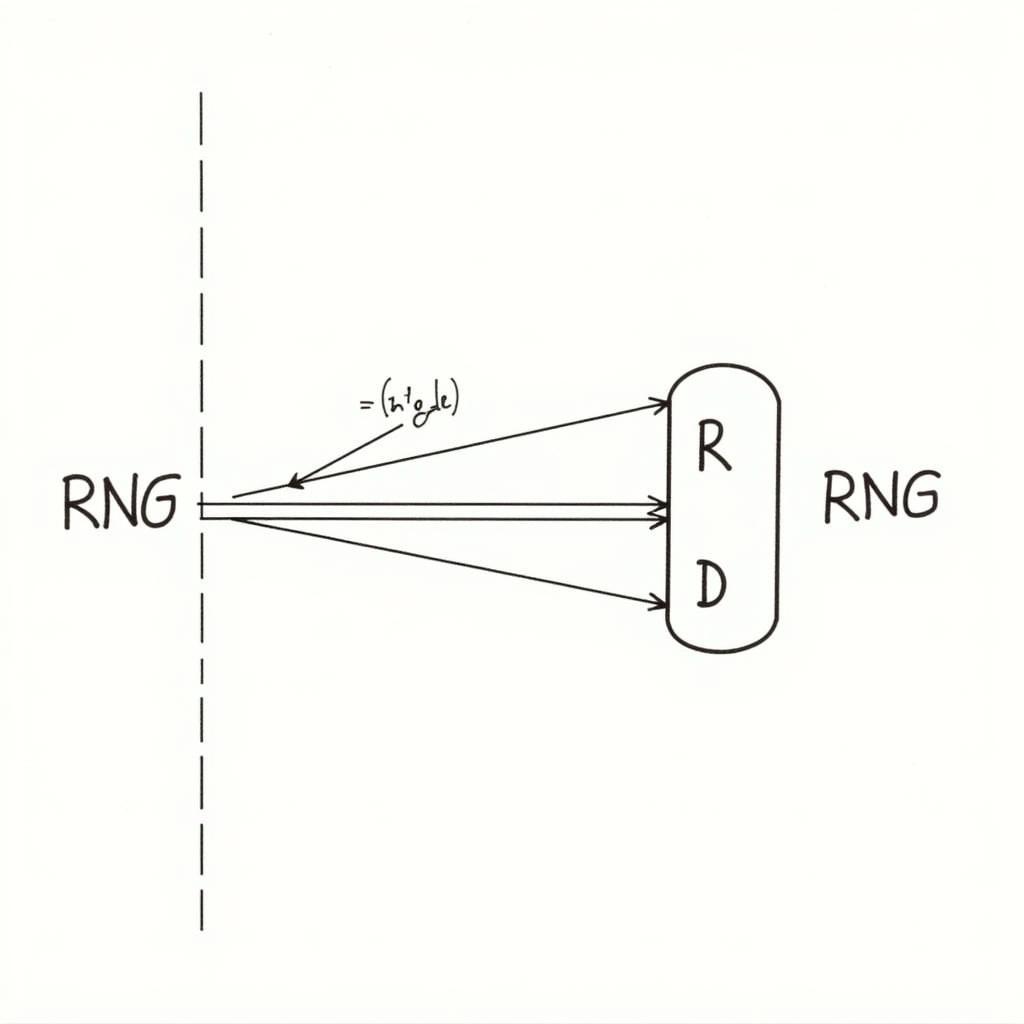Understanding the concept of a Functional Definition In Research is crucial for anyone venturing into the world of academic exploration, especially within the realm of paranormal investigation. In essence, it’s about defining a concept by what it does rather than what it is. This approach is particularly useful when dealing with abstract ideas or phenomena that are difficult to quantify, a common challenge when attempting to bring scientific rigor to the study of the paranormal.
Delving Deeper: The Why and How of Functional Definitions
Instead of getting bogged down in abstract descriptions, a functional definition focuses on the observable and measurable effects of a phenomenon. Imagine trying to study telekinesis. A conceptual definition might describe it as “the ability to move objects with the mind,” which is vague and difficult to test. A functional definition, however, would focus on the observable outcome: “Telekinesis is defined as the measurable displacement of an object without any physical contact.”
This shift in perspective allows researchers to design experiments and collect data that directly relate to the phenomenon’s function, even if its underlying nature remains elusive.
Benefits of Employing Functional Definitions:
- Clarity and Precision: Provides a clear and concise understanding of the research subject.
- Objectivity and Measurability: Enables researchers to operationalize abstract concepts and measure them objectively.
- Replicability and Validation: Allows for the replication of studies and validation of findings by other researchers.
 Example of a Functional Definition in Paranormal Research
Example of a Functional Definition in Paranormal Research
Applying Functional Definitions to Paranormal Research
Let’s consider how functional definitions can be applied to specific areas of paranormal research:
-
Kinetic Research Noodle: Instead of defining this tool by its physical properties, a functional definition would focus on its ability to detect and amplify subtle energy fluctuations, potentially linked to spiritual presence. This allows for the development of quantifiable metrics based on the noodle’s movements.
-
Container Research: This area often involves attempts to capture evidence of spirit interaction. A functional definition would focus on the measurable changes within the container, such as temperature fluctuations or electromagnetic anomalies, rather than relying on subjective interpretations of potential spirit activity.
 Functional Definitions Applied to Paranormal Research Tools
Functional Definitions Applied to Paranormal Research Tools
Addressing Common Questions:
What if the underlying mechanism of the phenomenon is unknown?
This is where functional definitions are most valuable. By focusing on observable effects, researchers can study and understand a phenomenon even without knowing its root cause.
Can functional definitions evolve as our understanding grows?
Absolutely. As research progresses and new insights emerge, functional definitions can be refined to reflect a more nuanced understanding of the phenomenon.
Conclusion: A Path to Scientific Rigor
In the often-murky waters of paranormal research, functional definitions act as a beacon of clarity. By emphasizing observable effects and measurable outcomes, they provide a framework for conducting rigorous and replicable research. While the mysteries of the paranormal may remain elusive, embracing functional definitions is a crucial step towards unraveling them.
For those seeking further clarification or assistance with their own Paranormal Research endeavors, our team at research@gmail.com is always ready to help.